Session 7: Research infrastructures business models that enable translation
Tuesday, 3rd December 3.00PM AEST | Breakout session
This session will explore how RI facility settings can significantly increase the potential for real-world impact from research. This includes both industry translation, such as turning research discoveries into new commercial products, and more social forms of translation (policy translation), like environmental research changing government policy or new medical techniques being used in hospitals.
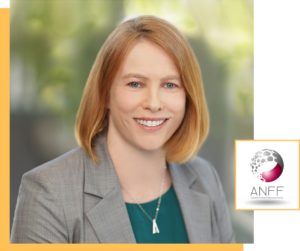
Moderator
Jane Fitzpatrick is the CEO at the Australian National Fabrication Facility (ANFF). In this role Jane supports world-class innovation and the development of the industries such as Defence, MedTech, Energy and Space. ANFF provides open access to cutting edge tools and expertise for micro and nanofabrication for research, development and commercialisation of novel technology. Jane holds a PhD in Biotechnology and has added technical expertise in many areas, including micro and nanofabrication, throughout her career.
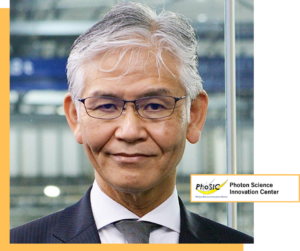
Panellist
Professor Takata Masaki is the President of the Photon Science Innovation Center in Japan. Since 2015, Takata has been conducting the next generation 3GeV Synchrotron Radiation Facility project in Tohoku by launching the Industry Academy Coalition Consortium with more than 150 industries of Japan. The facility named as NanoTerasu’s construction was completed at Tohoku University Campus in Sendai-City Japan in April 2024.
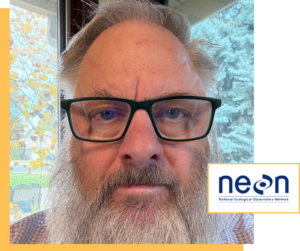
Panellist
Dr Hank W. Loescher is the Director of Strategic Development, Environment and Infrastructure at Battelle, National Ecological Observatory Network. As faculty at Oregon State University, he administrated the Department of Energy AmeriFlux program, a DOE research infrastructure that had over 120 observational sites spanning the entire US. He was one of the prime architects that designed and led the National Science Foundation’s ‘National Ecological Observatory Network’s (NEON)’ development, a first-of-its continental-scale major research facility in ecology. He has led numerous NEON Science and Development Teams i.e., National Continental Design, Instruments, Mobile Platforms, and Aquatic teams, and was Chief Scientist for the NSF’s Arctic Research Support and Logistics Support (ARSL) program for all NSF, NOAA, and NASA Arctic logistics.
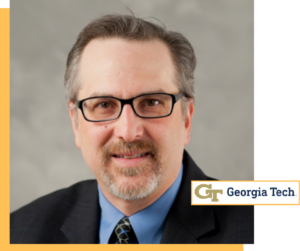
Panellist
Dr David Gottfried is a Regents’ Researcher and Associate Director in the Institute for Matter and Systems at the Georgia Institute of Technology. He serves as the Director of the National Nanotechnology Coordinated Infrastructure (NNCI) and the Southeastern Nanotechnology Infrastructure Corridor. NNCI is a network of university-based facilities providing nanoscale fabrication and characterization tools and expertise to users from academia, industry, and government, while also supporting activities for education and outreach, societal impact research, and entrepreneurship.
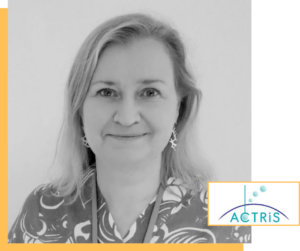
Panellist
Dr Eija Juurola is the Director General of ACTRIS ERIC. ACTRIS, the Aerosol, Clouds and Trace Gases Research Infrastructure, is a pan-European research infrastructure delivering high-quality integrated datasets and services in the field of atmospheric sciences. Before joining ACTRIS during its implementation phase, she worked as the Head of Operations in ICOS ERIC, the Integrated Carbon Observation System. Dr Juurola has had long experience in developing and managing European research infrastructures, contributing to their strategic growth and operational excellence.
We acknowledge the Traditional Owners of the lands and waters throughout Australia, and pay respect to the Elders past, present and emerging. We recognise the importance of connection to culture, land, kinship and community to the health and wellbeing of Aboriginal & Torres Strait Islander families. We acknowledge the cultural practices and traditions still carried out today and being passed down to future generations.


